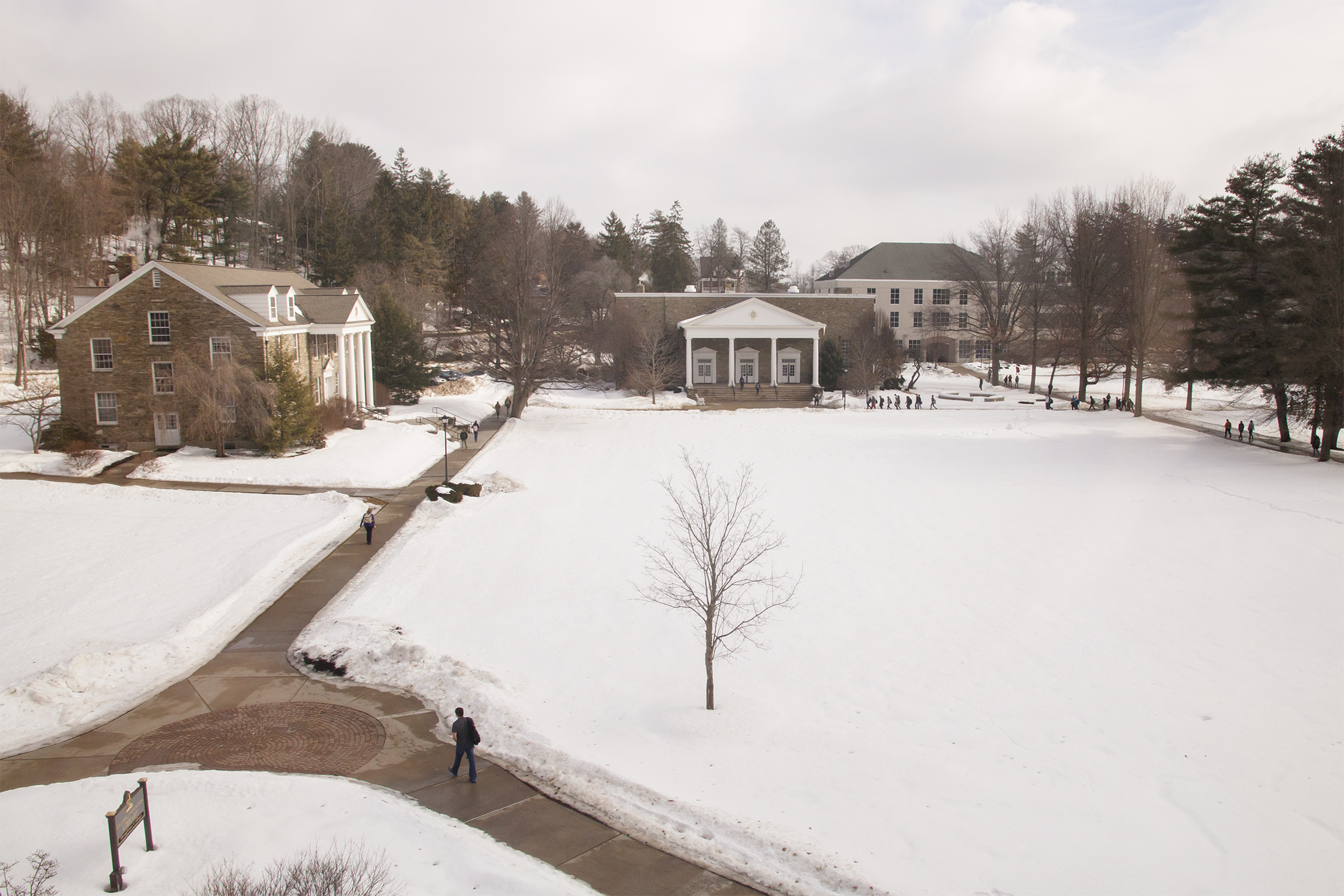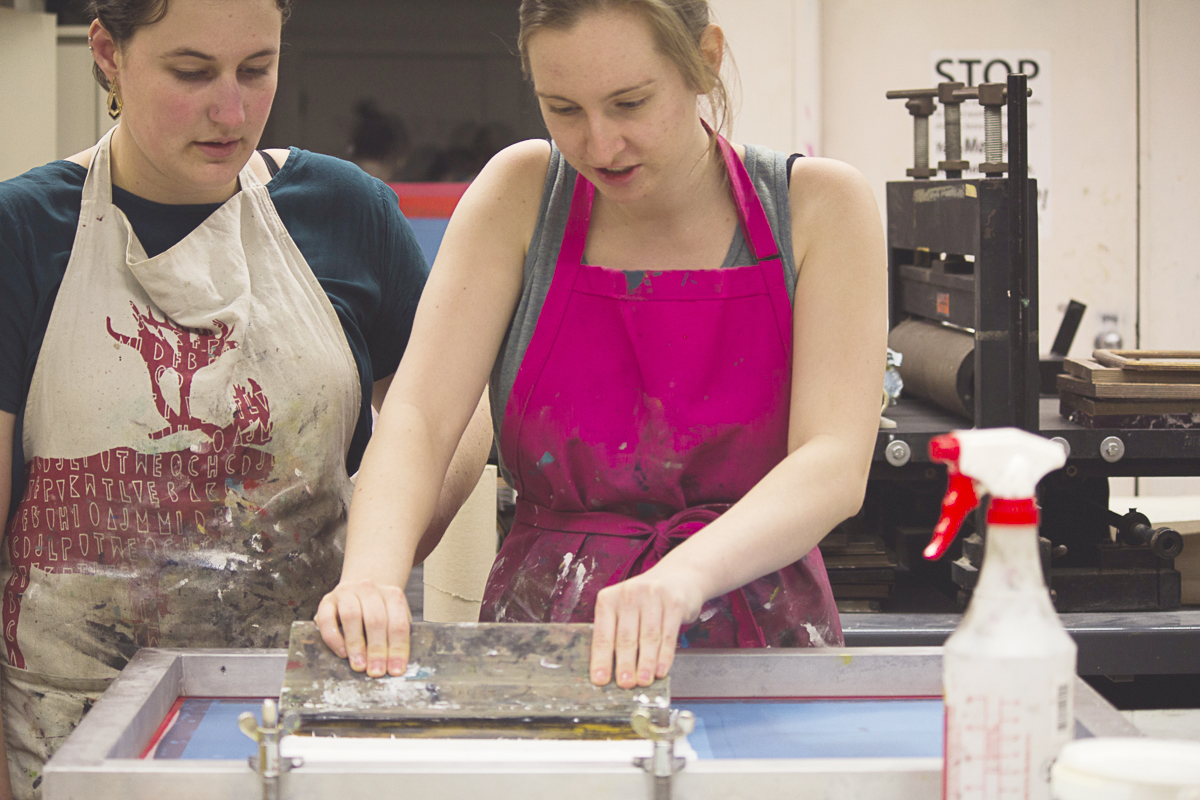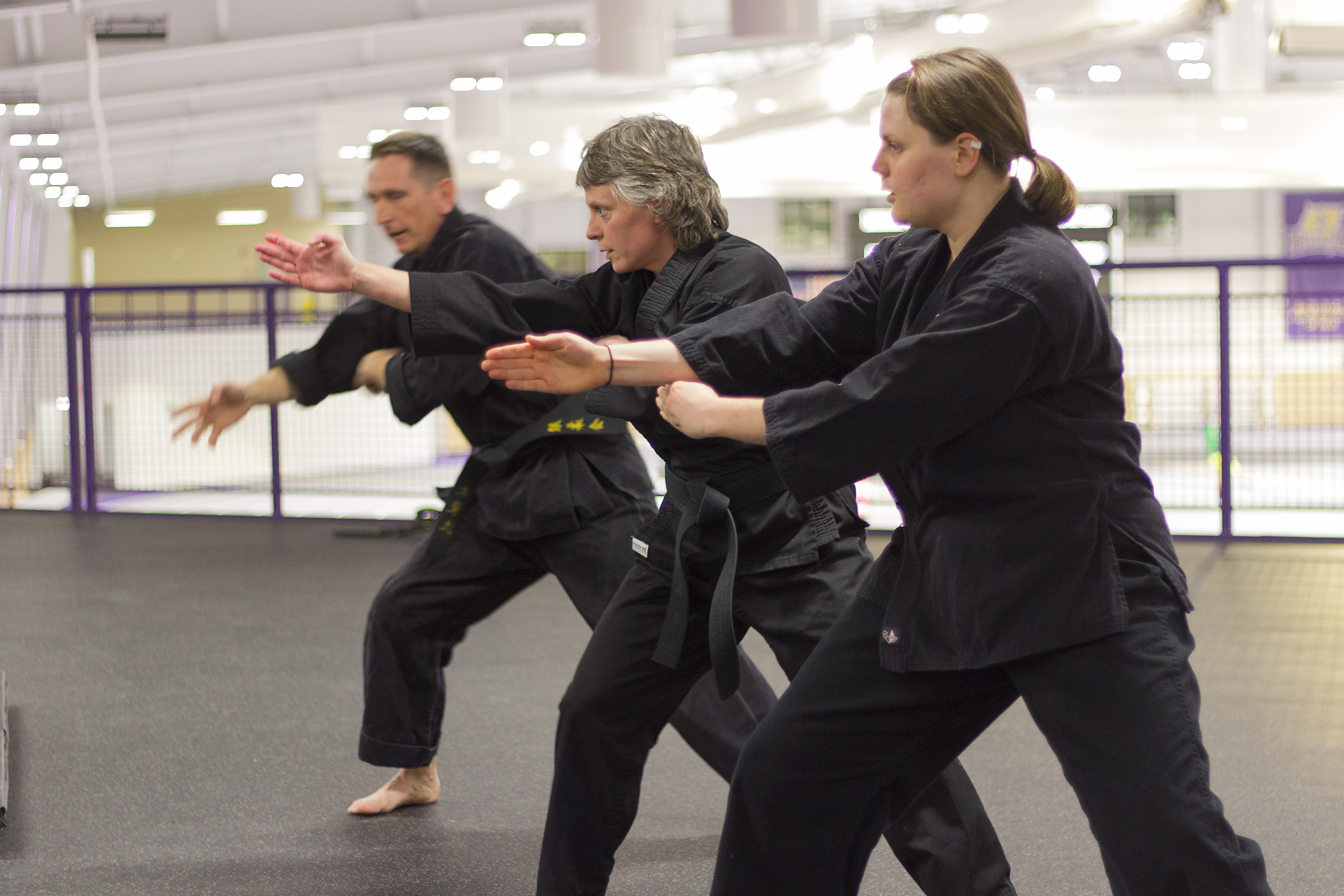Category: Stories In Focus

March 30, 2015
Stories In Focus
Musician of the Week: Jerbrel Bowens
Born in February 1994, Jerbrel is an aspiring young composer that offers a wide variety of style and sound at…

March 19, 2015
Stories In Focus
Athlete of the Week: Andrea Melhorn
Growing up in the heart of Amish country, Andrea Melhorn ‘15 began her track and field career as a high…

March 19, 2015
Stories In Focus
Innovation Coming to Houghton
More than just a college town. It can be safely said that Houghton is not the biggest, most notable town…

March 19, 2015
Stories In Focus
Printed Matter Press
Stepping outside the automated world with screenprinting and letterpress. The Printed Matter Press (PMP) may be one of Houghton’s less…
March 12, 2015
Stories In Focus
Activity of the Week: Skiing
Cross-Country and Downhill Skiing, Snowboarding, and Snowshoeing. “Warm is bad, cold is good. Sun is bad, snow is good.” This…
March 12, 2015
Stories In Focus
Recent Graduates Return as Assistant Coaches
Each year Houghton openly welcomes back its graduates as they accept jobs in all departments, especially athletics. This year, six…
March 12, 2015
Stories In Focus, Reviews, Stories In Focus
The Expected Virtue of Birdman
Winner of the Oscar for Best Picture Lives Up to the Hype The newest inductee to the lucrative Best Picture…
March 12, 2015
Stories In Focus
Rodman in North Korea: Satire and Truth Through Opera
Satire is, at its core, a means by which truth is communicated. Humor and exaggeration are used to highlight the…
March 06, 2015
Stories In Focus
From Houghton to the Bahamas
Philosophy professor takes a leave of absence to head up a preeminent grant organization in his field. Houghton’s philosophy department…

March 06, 2015
Stories In Focus
Self Defense Classes Offered in KPFH
In November of 2014, the Houghton College Athletics Department partnered with the Fillmore Dojo of Tatsu Do to offer free…
